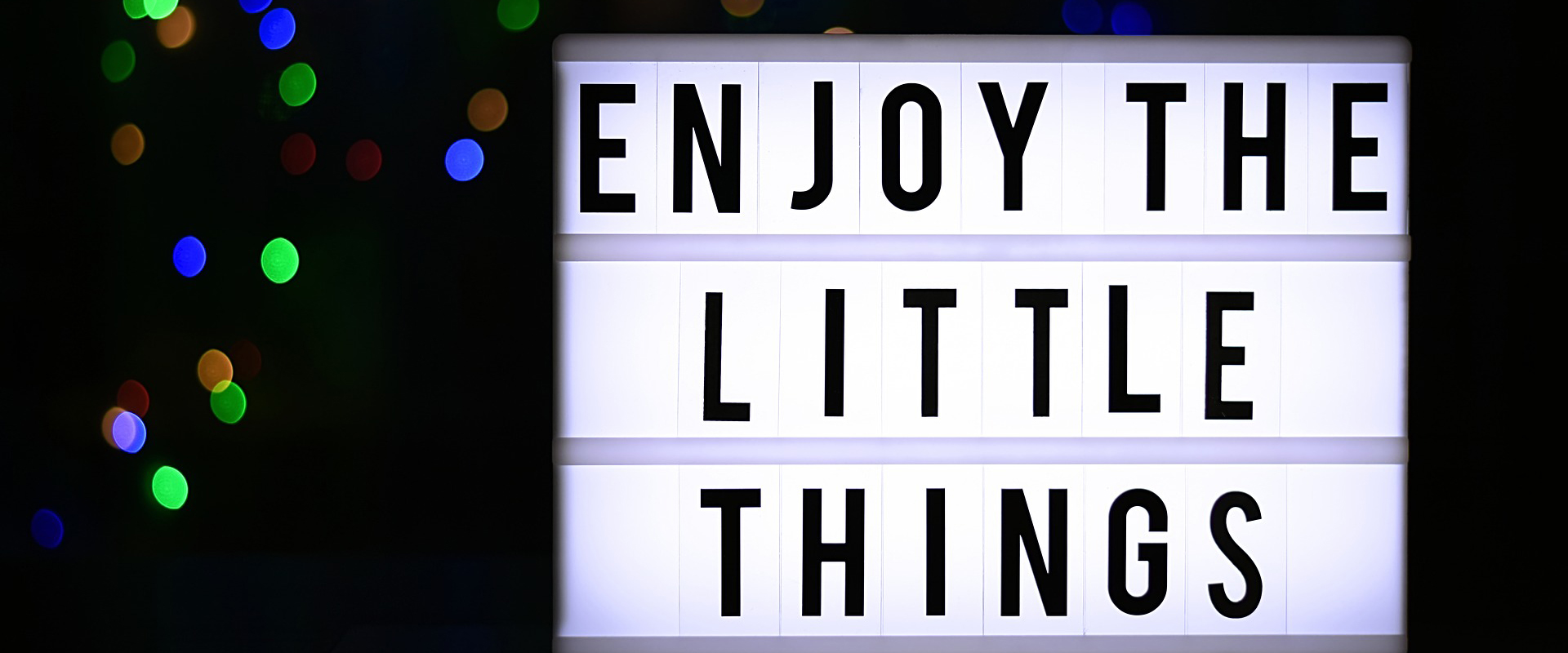Spoiler Alert! The answer is yes…in a big way!
Research suggests that gratitude is correlated with higher levels of well-being and life satisfaction. This means that grateful people are generally happier, have stronger social relationships, are more resilient, and are even physically healthier. What an amazing interrelation just by being thankful for the life, people, and objects around you!
An even more exciting aspect to this phenomenon is that actively focusing on gratitude once a day can show results in just one week! It’s called Three Good Things, and the intervention is simple.
Step 1: Before going to bed, do a mental scan of your day.
Step 2: Think of three positive things that were present within your day.
Step 3: Write them down.
Step 4: Spend 15 seconds thinking about each positive event; savoring emotions attached to it and/or remembering why it brings you gratitude.
And that’s it! The Three Good Things intervention could take as little as 60 seconds out of your evening routine, but create lasting results!
Positive psychology researchers say doing this daily will boost life satisfaction, hope, and even levels of optimism.
There’s also so much congruency between Dialectical Behavior Therapy and Gratitude. Hartstein Psychological has a blog about using distress tolerance skills while acknowledging gratitude here:
https://www.hartsteinpsychological.com/the-benefits-of-acknowledging-gratitude
Westside DBT posted an amazing mindfulness and gratitude exercise on their blog here:
https://westsidedbt.com/a-simple-mindful-gratitude-exercise/
And if you are wondering if it’s possible to be struggling and grateful at the same time, The Center for Evidence Based Treatment speaks on cultivating gratitude here:
https://www.centerforebt.com/cultivate-gratitude/
Try out Three Good Things, or one of these DBT related interventions, and let us know how it goes! Is the research accurate?




